MercoPress. South Atlantic News Agency
Stories for November 5th 2009
-
Friday, November 6th 2009 - 04:19 UTC
Caracas short or power and water for next six months
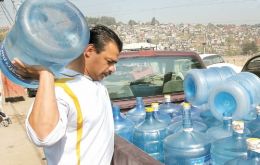
Venezuelan president Hugo Chavez warned he will go after all those industries and factories private or government managed, that waste power and/or water.
-
Friday, November 6th 2009 - 04:12 UTC
Brazilian Senate postpones vote on Venezuela’s Mercosur incorporation

In related news the Brazilian Senate postponed for a week a full house vote on the incorporation of Venezuela to Mercosur which is pending since March 2007 when the administration of President Lula da Silva sent the request.
-
Friday, November 6th 2009 - 03:54 UTC
Zelaya “must be reinstated” before November 29th elections
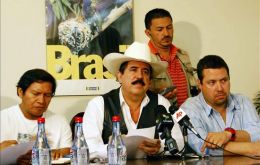
Brazil is demanding that ousted Honduran president Manuel Zelaya be reinstated before the scheduled presidential election of November 29th, according to government sources quoted in the Sao Paulo and Brasilia press.
-
Friday, November 6th 2009 - 03:49 UTC
Brazilian industry suggests direct negotiations with EU, leaving aside Mercosur
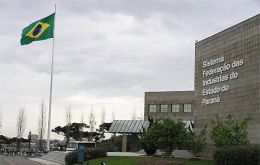
Brazil’s all powerful Sao Paulo Federation of Industries, FIESP, said it is willing to yield positions so a free trade agreement can be reached with the European Union but also suggested Brazil should leave Mercosur aside.
-
Friday, November 6th 2009 - 03:41 UTC
Paraguay’s president ends coup rumours replacing military commanders
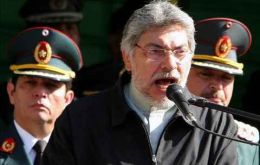
Paraguayan President Fernando Lugo put an end Wednesday to rumors circulating the capital Asuncion about a possible coup by replacing all top military commanders. The announcement came from the armed forces themselves, not the president's office.
-
Friday, November 6th 2009 - 03:36 UTC
Magallanes Region economy contracted 1.3% from 2004 to 2008
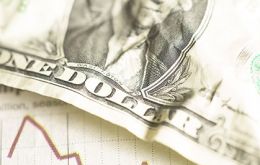
Magallanes Region, in the extreme south of Chile, economic performance from 2004 to 2008 has been one of the worst of the country according to the regional report from Chile’s Central Bank. The region experienced in the period a 1.3% GDP contraction, the only negative result of all Chilean regions.
-
Thursday, November 5th 2009 - 13:07 UTC
New row over Colombia-US accord
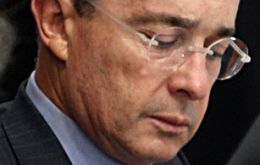
Colombian opposition groups have reacted angrily after details of a controversial military deal with the US were made public.
-
Thursday, November 5th 2009 - 12:59 UTC
Argentina after an agreement with the IMF at the G20 Scotland meeting
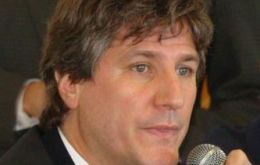
Argentina’s Economy Minister Amado Boudou travels to Scotland Thursday where he will participate in a meeting with his G-20 counterparts. Boudou is also scheduled to meet with International Monetary Fund (IMF) head Dominique Strauss-Kahn.
-
Thursday, November 5th 2009 - 12:53 UTC
Argentina/Brazil trade dispute: partners can’t agree who’s to blame
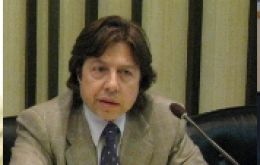
Argentina has accused Brazil of not keeping to agreed “self regulated” bilateral trade understandings originally destined as an umbrella for Argentine industry, and instead has resorted to customs barriers which are delaying or impeding exports.
-
Thursday, November 5th 2009 - 10:27 UTC
Brazil fears a “bubble” pumped by exuberant investors; Real 19% too strong
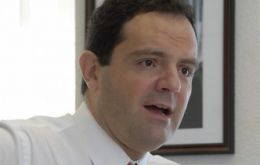
Brazilian central bank President Henrique Meirelles admitted “exuberant” investors might create an asset bubble in Latinamerica’s biggest economy.
